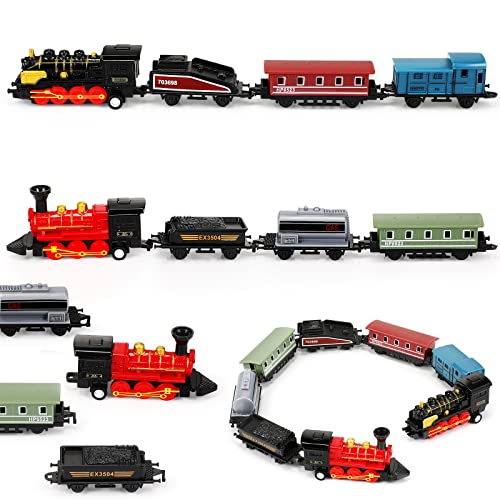Alon Levy’s recent article:
Public Transportation and Crime are not About Each Other
I respect Alon a lot, and read everything they write, but in this particular point, I feel they're a little off base. I agree with the headline, but feel, in essence, that perception of danger in transit is nearly identical in importance to actual danger.
Curious to hear other’s reactions.
For many riders who CHOOSE transit, for a variety of reasons including cost of driving/parking and convenience, the perception of safety is key. If they do not feel safe, even if they are at worst discomforted and inconvenienced, they will opt to drive and avoid transit whenever possible.
For others who truly prefer to drive and only take transit when they find such "necessary", this standard increases. They are already predisposed not to like, but only tolerate it. They'll bust away if they have a good excuse. One bad experience or a few bad stories they hear and "nope."
But, even for carless (either by choice or economic necessity) users, I hear lots of stories about why people decide to take a certain route over another; or ride a bus rather than the L at night, for instance. Much of this comes from concern that "something bad COULD happen", even if it's not terribly likely. Or even because of bad behavior being the norm in certain places and times on transit.
Just ride the Red Line enough on a Saturday night in Chicago, for instance, and you're almost certain to see something strange going on, at minimum. Part of this, of course, is just urban life (which even a lot of urbanites aren't terribly comfortable tolerating or having to encounter), not to mention the many college students and twenty somethings out on the town to drink/party riding what I call the "university line", because of all the schools as well as entertainment areas along it's route. But, there's also plenty which can get kinda scary, if not outright dangerous. There are definitely parts of the CTA system on which I feel less safe than others. One challenge, I think, is that L trains typically run at full length at all times (this used to not be the case) and areas. Consequently, on parts of some routes, one can feel awful lonely and vulnerable. Frequently, there are homeless, addicts, and occasionally robbers who take advantage of such. One has to be watchful and street smart/aware of surroundings in these situations for safety.























































